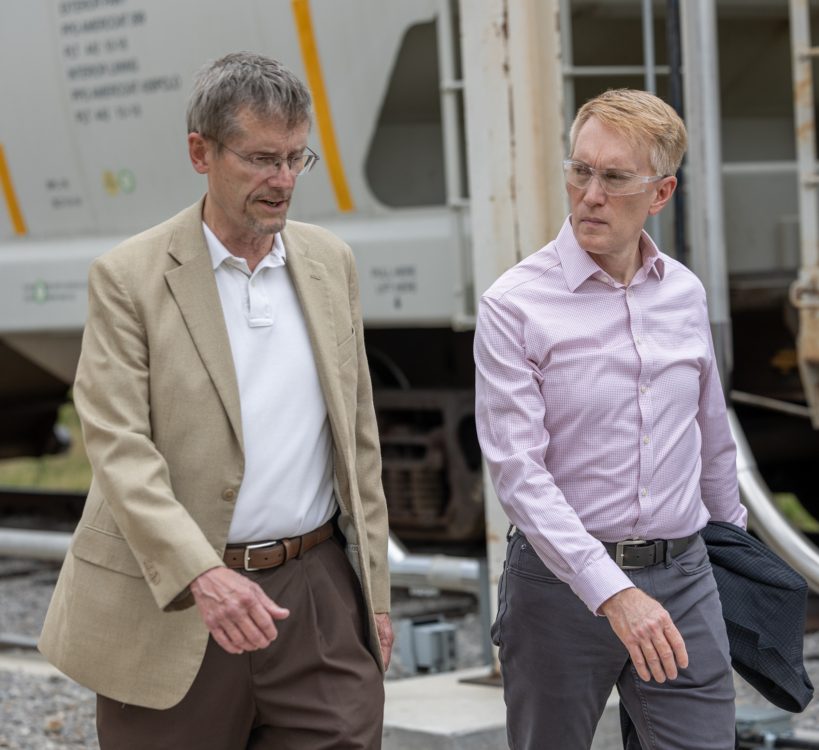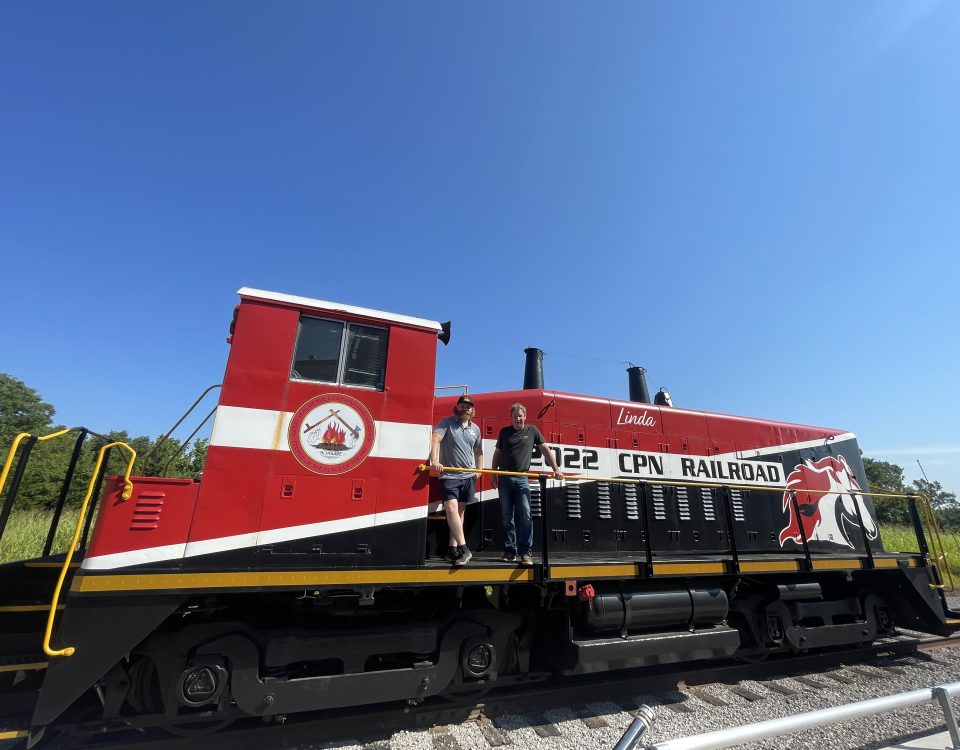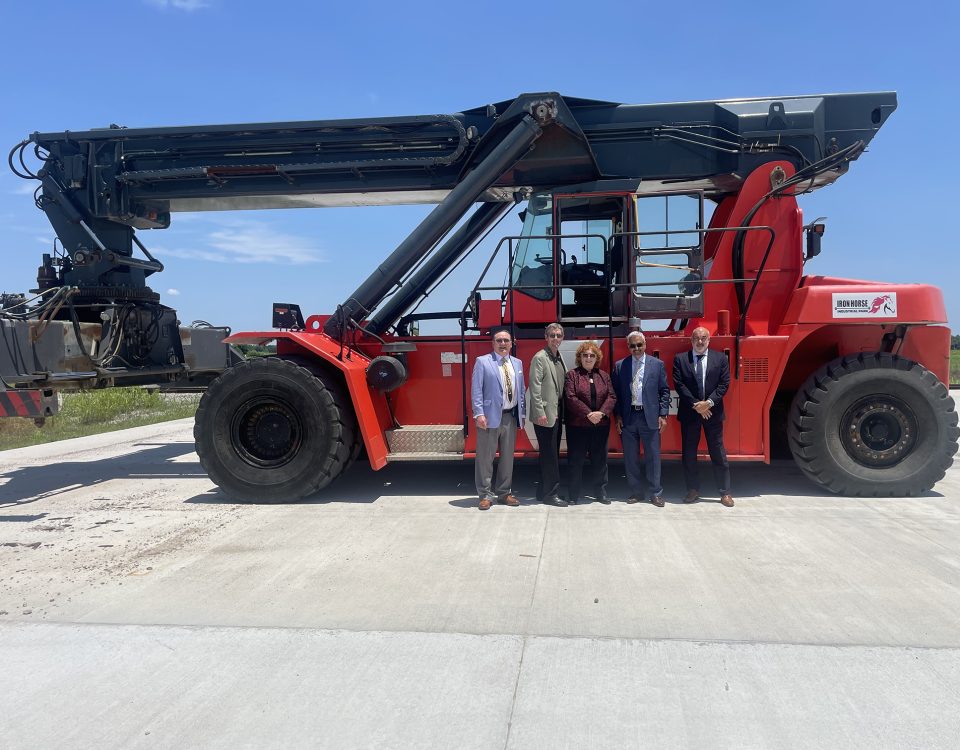
Iron Horse’s focus on sustainable economic development a must for Indian Country
May 21, 2020
U.S. Department of Commerce awards $2.5m for enhanced infrastructure and jobs
June 10, 2020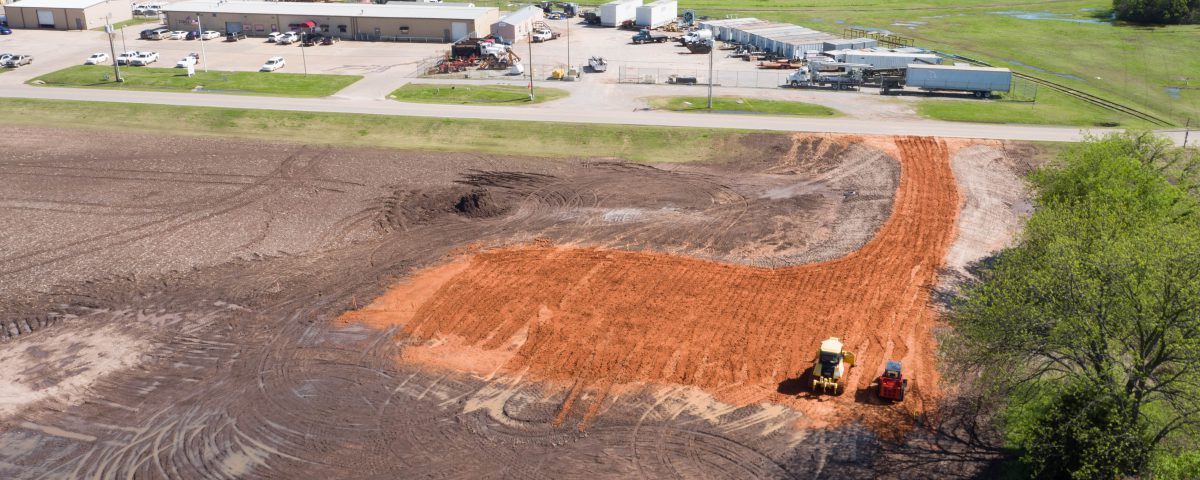
Economic development will not stop environmental sustainability in Indian Country
By James C. Collard, Ph.D.
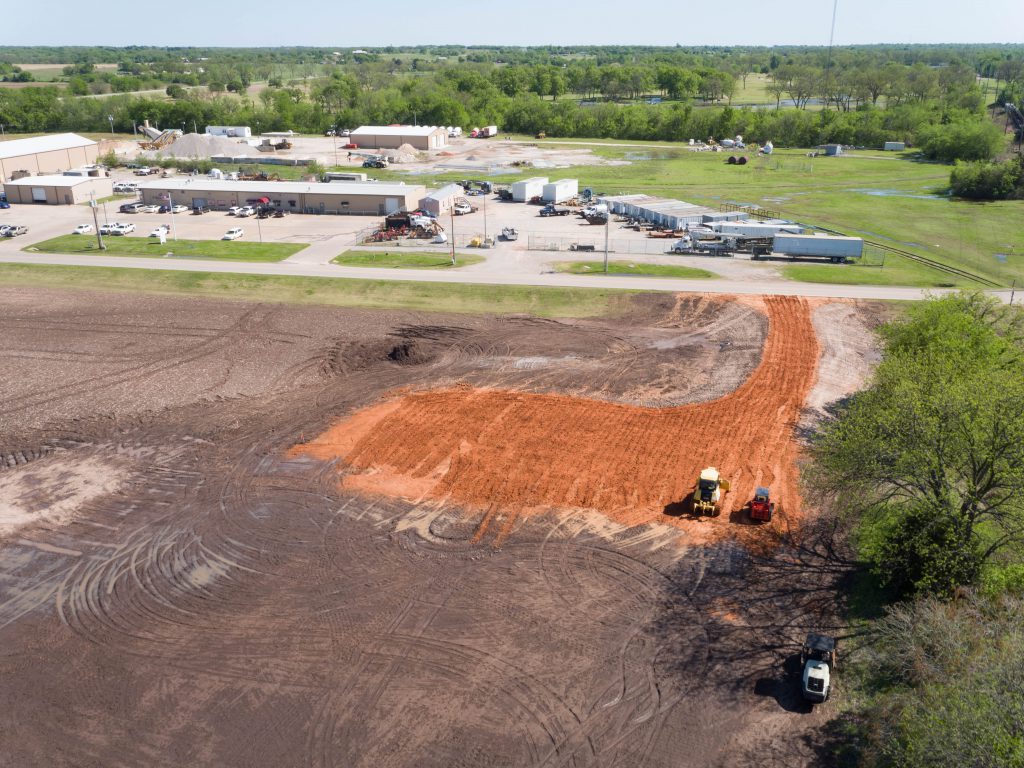
I’m often asked, how is it possible to marry two opposing principles in our mission at the @Iron Horse Industrial Park? The premise of this question is how can we at Citizen Potawatomi Nation truly advocate for environmental stewardship while simultaneously pushing for industrial development.
I come to this discussion from the perspective of a street level economic developer. Therefore, my focus is on creating mechanisms that actualize the principles of the UN’s Sustainable Development Goals (SDGs). At Iron Horse, we believe indigenous people can take the lead in demonstrating these goals are attainable. The Citizen Potawatomi have emphasized environmental stewardship since time immemorial. The tribe carried this approach across the centuries as they were forcibly removed from the Great Lakes, Kansas and finally to Oklahoma. They reside there today, connected to the land by legal and historical ties. The Potawatomi have a teaching that says those in the present should look seven generations in the past for guidance, and plan seven generations into the future. This is the basis on which Iron Horse Industrial Park is built.
The tribal government today knows that destroying their land for short-term economic gain will not benefit the Citizen Potawatomi of the future. Inherent in this perspective is the notion that there should be no conflict between economic growth and environmental sustainability. The challenge concerns how to reconcile the assumed differences between environmental protection and industrial development.
One approach is for industrial development to adhere to the principles of the Circular Economy. This entails design, procurement, production, and distribution processes that are as waste-free and resilient as possible. This also involves recruiting companies to industrial parks that follow these principles as well as building the infrastructure of the parks in a manner that maximizes resource value and the use of renewable energy.
Iron Horse is conceived as an industrial extension of our Native American culture that emphasizes environmental protection and sustainability. Our aim is to diversify the tribal economy in a manner that is respectful and protective of our natural resources while providing solid long-term jobs for the Native and non-native people of our region. It also important to note that Iron Horse is an active Foreign Trade-Zone on Native American trust land.
Returning to the UN’s Sustainable Development goals, as SDG 9 states, “…manufacturing is an important driver of economic development and employment.” Again referencing SDG 9, “Industrialization’s job multiplication effect has a positive impact on society.”
When tribal governments trade internationally it increases the variety of goods available to their local economies; it forces better utilization of resources; it promotes efficiency in production through exposure to international best practices; and it creates well-paying jobs for Native and Non-native people.
Through the process of engagement in the global economy, indigenous communities, as vulnerable nations can enhance the economic well-being of their people, thereby reducing inequalities. (SDG 10). The selection of products is more inclusive due to lower costs for everyone and the interactions with different cultures fosters peace, goodwill, and hopefully acceptance. The Iron Horse model utilizing the Foreign Trade Zone framework also provides a mechanism to more easily receive products from developing countries into the developed world.
This of course only scratches the surface, but it serves as a solid base from which to simultaneously lift disadvantaged communities out of poverty while caring for and protecting our natural environment. It is a wholistic effort involving the law, politics, economics, social justice, diplomacy leading to global cooperation, environmental science, and in the final analysis common decency. We are all in this together.


